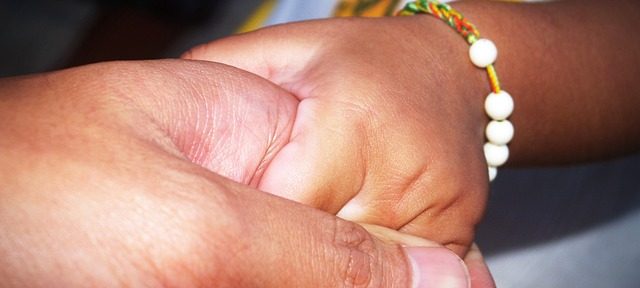
A frantic granddaughter explains in a newspaper column that she feels caught between a rock and a hard place as her grandmother’s resources dwindle. There is a lot of financial abuse going on, the granddaughter claims. She claims that both a friend of her grandmother’s, along with a relative, are stealing money.
This problem occurs more often common than you would think. How would you handle this situation? This article provides insight into how this delicate situation should be handled. In the meantime, there are always steps to take, and in particular, step three was suggested to the writer in question.
There are several steps that can be taken to address and prevent this type of abuse abuse:
- Recognize the signs: It is important to be aware of the warning signs of financial abuse, which can include sudden changes in an elderly person’s monetary situation, unexplained withdrawals or transfers of funds, and unauthorized use of credit cards or bank accounts.
- Report suspected abuse: If you suspect that an elderly person is being financially abused, it is important to report it to the appropriate authorities. This may include local law enforcement, adult protective services, or other organizations that specialize in elder abuse prevention.
- Seek legal assistance: Elder law attorneys can help families protect their loved ones from financial abuse by creating legal documents such as powers of attorney and trusts. These documents can help prevent unauthorized access to an elderly person’s assets and ensure that their wishes are carried out in the event of their incapacity or death.
- Educate family members: Family members and caregivers should be educated about the risks of this type of abuse and how to prevent it. This may include setting up safeguards such as automatic bill payment and direct deposit, limiting access to the person’s accounts, and monitoring financial transactions for unusual activity.
- Stay vigilant: this type of abuse can be an ongoing problem, so it is important to stay vigilant and monitor an elderly person’s monetary situation on an ongoing basis. This may include regularly reviewing bank statements, credit card statements, and other financial records, and keeping an eye out for any unusual activity.
Following these steps should help ease the woman’s mind.






